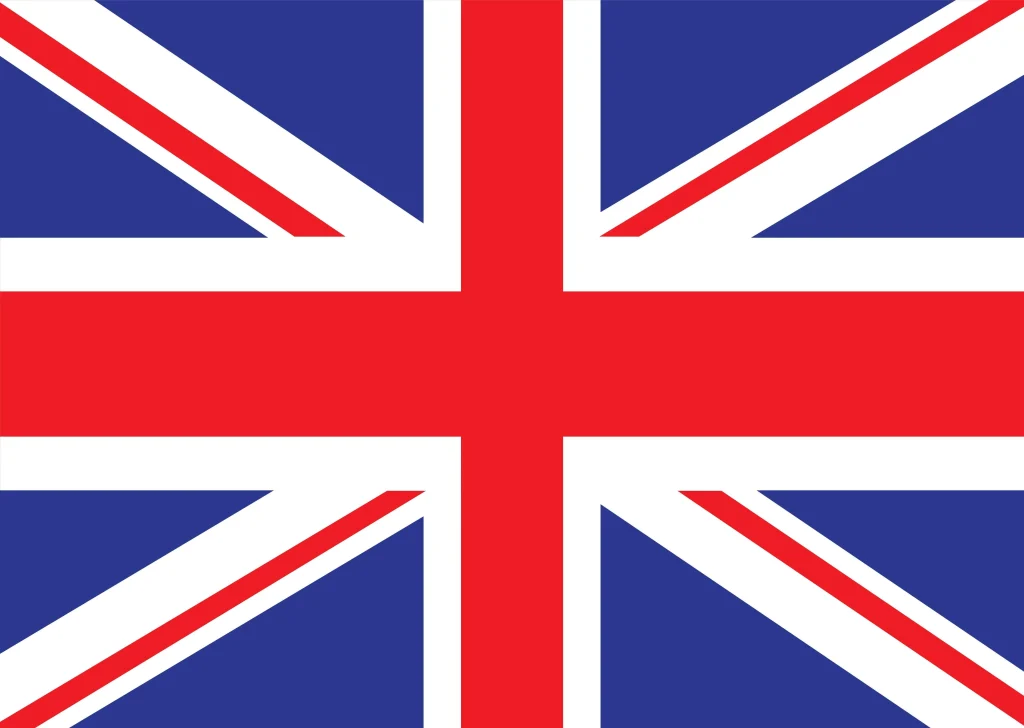The UK government has announced plans to make creating and sharing sexually explicit deepfake images a criminal offence to better safeguard women and girls, a minister revealed on Tuesday.
The proposals also include criminalising the taking of intimate images without consent and installing equipment for that purpose, with offenders facing up to two years in prison, according to the Ministry of Justice.
While sharing or threatening to share intimate images, including deepfakes, is already illegal, creating such images without consent is only an offence in limited circumstances, such as in cases of upskirting.

Victims minister Alex Davies-Jones acknowledged gaps in the current legislation, stating, “We’re strengthening the law to better protect women and girls.” Speaking to Sky News, she highlighted the prevalence of “revenge porn” attacks, noting one in three women in the UK has been affected.
“It’s horrific. It leaves women vulnerable and intimidated, and those responsible deserve the full force of the law,” she added.
The Ministry of Justice expressed concern over the rapid increase in “hyper-realistic” deepfakes, which cause “devastating harm to victims.” Deepfakes, created using artificial intelligence (AI), often feature real individuals without their consent.
Deputy Prime Minister Angela Rayner was among over 30 British female politicians targeted by a deepfake porn website, according to a Channel 4 investigation last year.
Campaigner Jess Davies welcomed the move, describing intimate-image abuse as “a national emergency causing significant, long-lasting harm.”
The proposed offences will be included in the forthcoming Crime and Policing Bill, which the justice ministry indicated would be introduced “when parliamentary time allows.”
The End Violence Against Women Coalition (EVAW) urged the government to expedite the measures, with policy head Rebecca Hitchen emphasising the need for urgent action. “Delays will only leave women and girls at risk,” she said.


